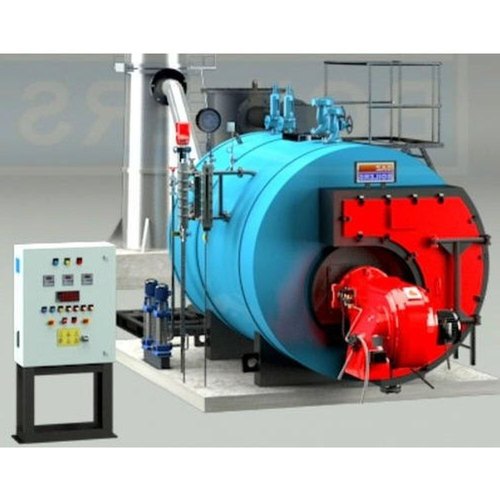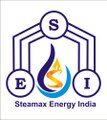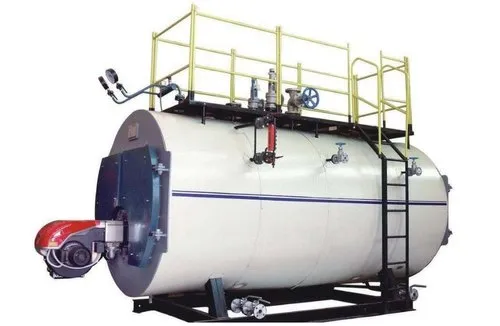
In the world of industrial processes, steam boilers are like the unsung heroes that power a variety of applications. From heating buildings to generating power, these devices play a crucial role in numerous industries. In this easy-to-understand guide, we’ll demystify steam boilers and break down the essentials.
What is a Steam Boiler?
A steam boiler is a specialized vessel designed to convert water into steam through the application of heat. This steam can then be used for various purposes, such as heating, power generation, and industrial processes. Steam boilers are a cornerstone of modern industries due to their efficiency and versatility.
How Do Steam Boilers Work?
At its core, a steam boiler operates on a simple principle: heating water to produce steam. The boiler system consists of a vessel, burner, and controls. The burner ignites fuel, creating a flame that heats the water inside the vessel. As the water absorbs the heat, it transforms into steam, which is then collected and used for various applications.
Key Components of a Steam Boiler:
- Boiler Vessel: The main container where water is heated to produce steam.
- Burner: The device that ignites and combusts fuel, generating heat.
- Heat Exchanger: Transfers heat from the burner’s flame to the water.
- Safety Valves: Prevent excessive pressure buildup within the boiler.
- Water Level Indicator: Monitors water levels to ensure safe operation.
- Pressure Controls: Regulate steam pressure within safe limits.
Types of Steam Boilers:
- Fire-Tube Boilers: Water surrounds the tubes through which hot gases from the burner pass, heating the water.
- Water-Tube Boilers: Water flows through tubes while hot gases surround them, heating the tubes.
Benefits of Steam Boilers:
- Efficiency: Steam boilers offer high energy efficiency due to their ability to recycle steam for multiple uses.
- Versatility: They are used in various industries, including power generation, manufacturing, and agriculture.
- Clean Energy: Steam boilers can run on various fuels, including natural gas, diesel, and biomass.
- Reliability: Properly maintained steam boilers have a long service life and require fewer repairs.
Maintenance and Safety:
Regular maintenance is crucial to ensure the safe and efficient operation of steam boilers. This includes monitoring water levels, checking pressure, and cleaning the system. Additionally, following safety guidelines and maintaining a proper ventilation system is essential to prevent accidents.
Conclusion:
Steam boilers are the workhorses behind many industrial processes, providing the energy needed to power our modern world. Understanding their basics can help demystify these essential devices and their role in various industries. Whether you’re looking to heat a building or drive machinery, steam boilers offer a reliable and efficient solution that continues to drive progress.

